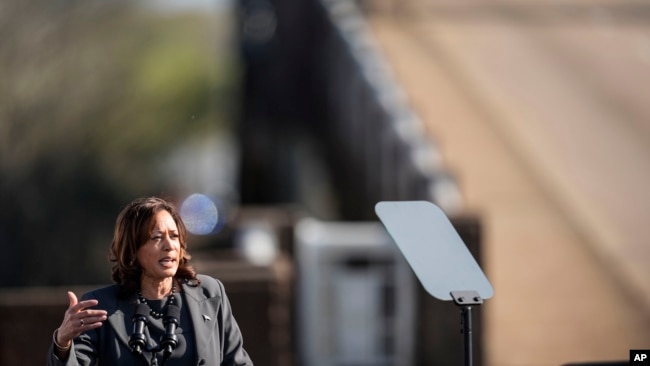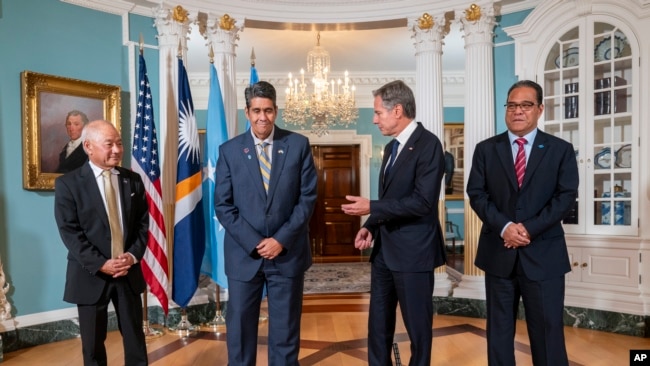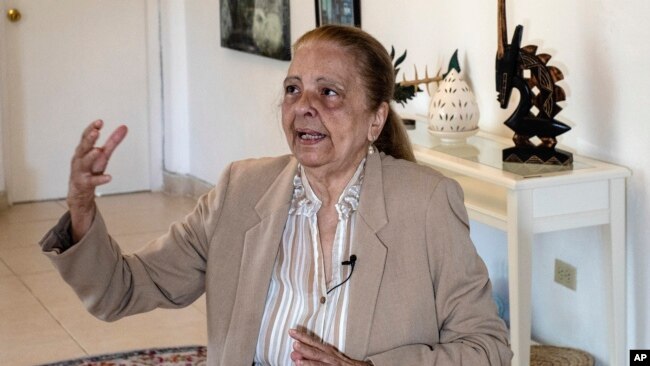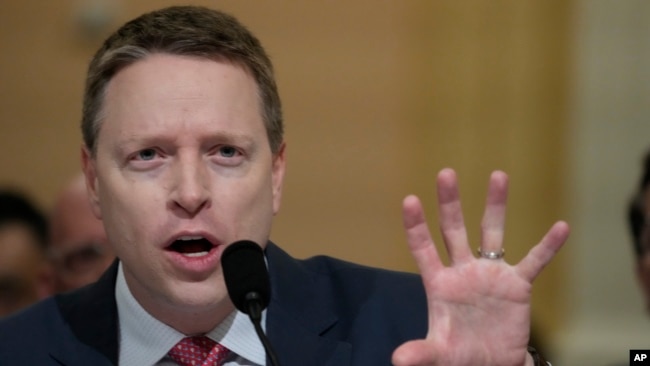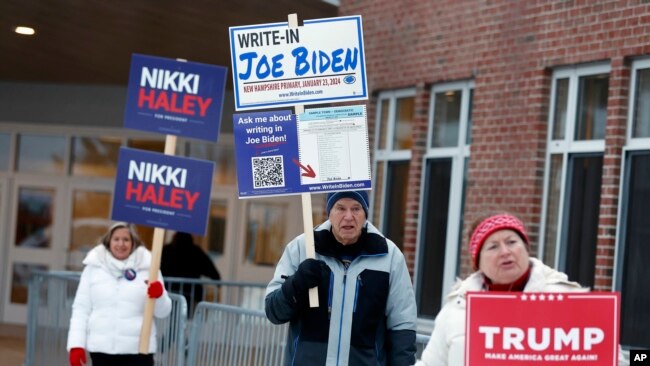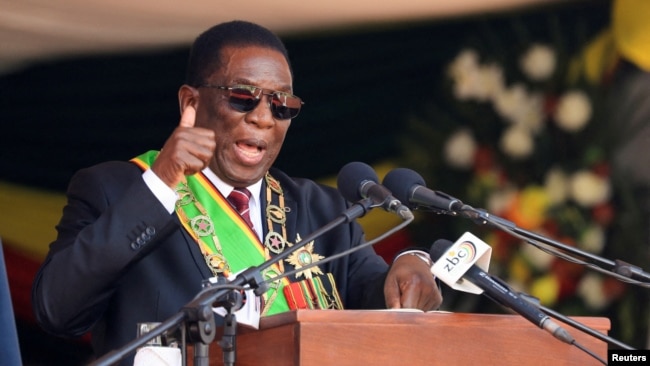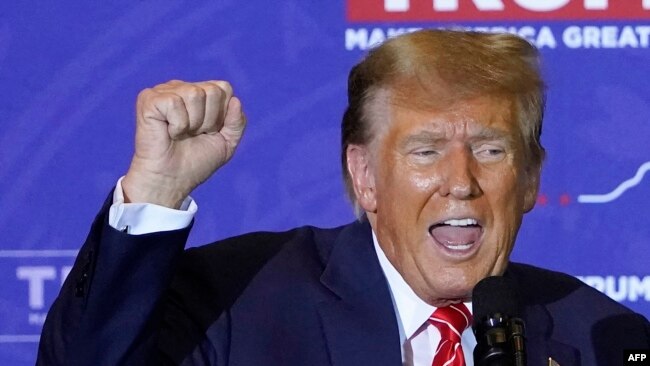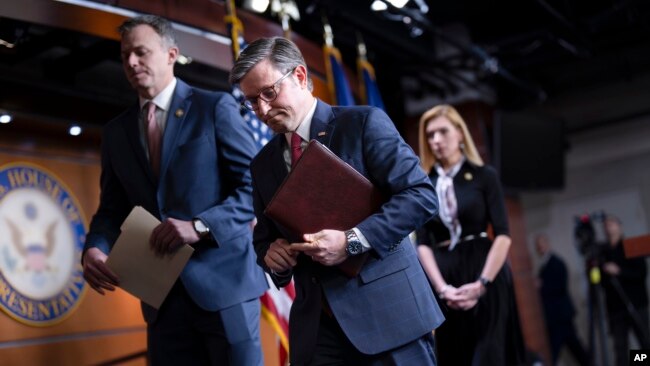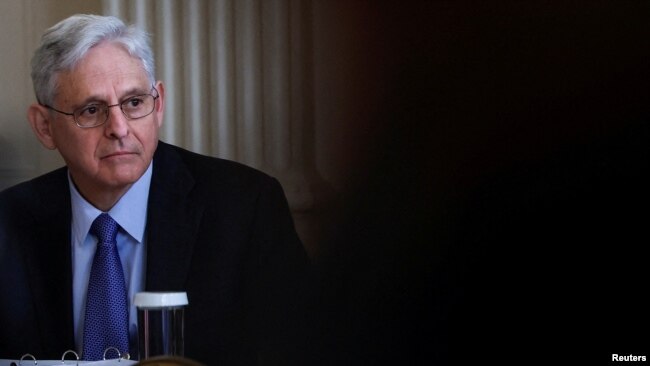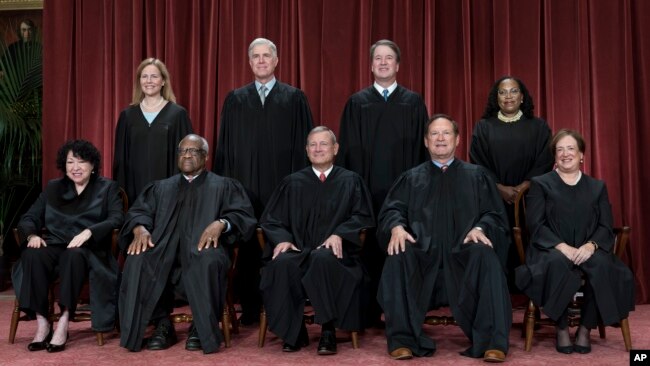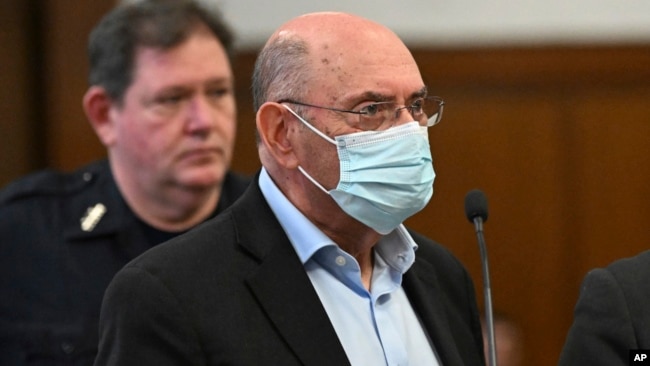에티오피아의 산업적 희망은 분쟁과 제재로 인해 감소합니다.
Ethiopia’s Industrial Hopes Dwindle as Conflict, Sanctions Take Toll
페이지 정보
작성자 Henry Wilkins 작성일 22-09-10 13:34 댓글 0본문
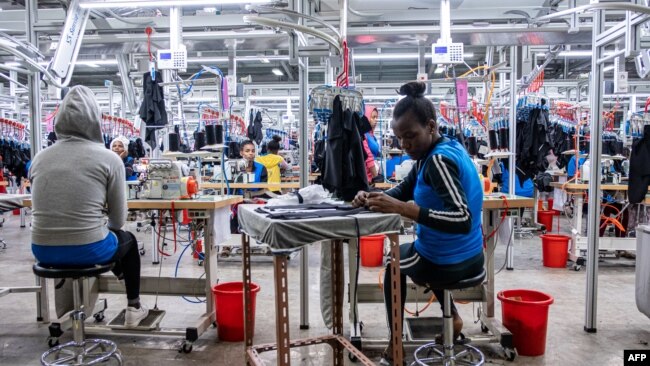
파일 - 2019년 10월 1일 에티오피아 남부 하와사의 하와사 산업단지에 있는 의류 공장에서 여성들이 재봉틀을 운영하고 있습니다.
FILE - Women operate sewing machines in a garment factory at the Hawassa Industrial Park, in Hawassa, southern Ethiopia, October 1, 2019.
에티오피아의 하와사입니다.
Hawassa, Ethiopia —
에티오피아는 산업단지의 도움을 받아 "아프리카의 중국" 즉, 제조업의 중심지가 되고 싶다고 말한 적이 있습니다. 하지만 세계 경제 침체와 국가의 계속되는 갈등으로 인해 기업들은 공원을 떠나 수천 명의 근로자들을 해고했습니다.
Ethiopia once said it wanted to become the "China of Africa" — that is, a manufacturing hub — with the help of its industrial parks. But the global economic downturn and the country's ongoing conflict have prompted companies to leave the parks and lay off thousands of workers.
에티오피아 정부는 6만 개의 일자리를 창출할 수 있는 잠재력을 가지고 2016년에 문을 연 하와사가 국가가 농업에서 제조업 경제로 전환하는 데 도움이 될 것이며, 그곳에서 운영하는 회사들이 첨단 기술을 도입하기를 희망했습니다.
The Ethiopian government hoped that one the country’s industrial parks — Hawassa, which was opened in 2016 with the potential to create 60,000 jobs — would help the country move from an agricultural to a manufacturing economy, and that the companies operating there would bring high-tech work.
Hawassa Industrila Park의 물류 관리자인 Kalkidan Asrat은 이러한 꿈을 공유했습니다.
Kalkidan Asrat, a logistics manager Nasa Garment at the Hawassa Industrila Park, shared those dreams.
그녀의 출생지는 작은 마을이고 그녀의 가족은 자급자족 농부로서 생계를 위해 농업에서 일했다고 그녀는 말했습니다. 그녀가 교육을 마쳤을 때, 그녀는 산업 단지에 가입했고, 그곳에서 그녀는 전망을 개선할 수 있었다고 말했습니다.
Her birthplace, she said, is a small town and her family worked in agriculture for a living as subsistence farmers. When she completed her education, she joined the industrial park, where she said she was able to improve her prospects.
에티오피아 전역에 하와사와 같은 10개의 다른 산업단지가 퍼져 있습니다.
There are 10 other industrial parks like Hawassa spread across Ethiopia.
정부는 2025년까지 에티오피아를 제조업과 함께 더 낮은 중산층 국가로 만들고 싶다고 말했습니다.
The government has said it hoped to make Ethiopia a lower middle-income country by 2025, with manufacturing playing a big part.
그것은 현재 코로나19 범유행, 인플레이션, 국가의 외화 부족, 갈등과 인권 유린으로 인해 가능성이 낮아 보입니다.
That is now looking less likely because of the COVID-19 pandemic, inflation, a lack of foreign currency in the country, and conflict and human rights abuses.
"산업단지 중 두 곳이 직접적인 영향을 받았습니다. 신흥 시장 경제학자 패트릭 하이니쉬는 "그들은 효과적으로 전투 지역에 있었습니다."라고 말했습니다. "산업단지에 대한 가장 심각한 타격은 AGOA에 대한 접근권 상실로 인한 것입니다. 발표 일주일 후, 첫 번째 회사는 에티오피아 시장에서 철수할 것이라고 발표했습니다. 에티오피아에 공장을 매각했습니다. 다른 회사들도 이에 뒤따라 왔습니다."
"Two of the industrial parks have been directly impacted. They’ve been in the combat zone, effectively,” said emerging markets economist Patrick Heinisch. “The most severe hit to the industrial parks is from the loss of access to AGOA. One week after the announcement, the first company announced they would retreat from the Ethiopian market; they sold their factories in Ethiopia. This has been followed by other companies."
아프리카 성장 및 기회법(African Growth and Opportunity Act, AGOA)은 사하라 이남 아프리카의 개발을 돕기 위해 2000년에 통과되었으며 에티오피아는 여러 제품에 대해 미국 시장에 대한 면세 접근을 허용했습니다.
The African Growth and Opportunity Act, or AGOA, passed in the U.S. in 2000 to aid development in sub-Saharan Africa, gave Ethiopia duty-free access to the U.S. market for several products.
에티오피아의 임금이 제조업의 대명사인 중국보다 훨씬 낮고, 그리고 AGOA가 미국으로 상품을 수입하는 것을 더 싸게 만들면서, 많은 국제 제조 회사들이 하와사의 산업 헛간에 설립되었습니다.
With Ethiopian wages much lower than those in China, a country synonymous with manufacturing, and AGOA making it cheaper to import goods to the U.S., many international manufacturing companies set up in Hawassa’s industrial sheds.
하지만, 1월 1일, 미국은 "심각한 인권 침해" 때문에 에티오피아의 AGOA 접근을 철회했습니다.
On January 1, however, the U.S. withdrew Ethiopia’s access to AGOA due to “gross violations of human rights.”
인권 단체들은 에티오피아 정부와 연합군이 거의 2년 간의 분쟁 기간 동안 티그라얀족에 대한 인종 청소 등 대규모 인권 유린 행위를 저질렀다고 비난했습니다.
Rights groups have accused the Ethiopian government and its aligned military forces of large-scale human abuses, including ethnic cleansing, against Tigrayans during the country’s nearly two-year conflict.
티그라얀 군대도 학대로 기소되었습니다.
Tigrayan forces have also been accused of abuses.
3만 5천 명의 사람들이 하와사에서 일했지만, 6월에 한 회사가 3천 명의 노동자를 해고했고 다른 회사들은 수백 명을 해고했습니다.
Thirty-five thousand people worked at Hawassa, but in June, one firm laid off 3,000 workers and others laid off hundreds.
하와사의 한 공장 주인인 라그하벤드라 파트라는 이 나라가 적응하기 위해 애쓰고 있다고 말했습니다.
One factory owner in Hawassa, Raghavendra Pattar, said the country is struggling to adapt.
"우리는 새로운 시장을 향해 전진하고 있지만, 시장을 다시 끌어올리려면 더 많은 시간이 걸릴 것이기 때문에 우리는 많은 어려움을 겪고 있습니다,"라고 그는 말했습니다. "그 나라는 오늘날 그 나라의 외화 사용 가능성 때문에 어려움을 겪고 있습니다. 그들은 또한 미국과 같은 다른 나라들, 큰 나라들로부터의 지원이 필요합니다."
"We are forging towards a new market, but it will take more time to roll up the market again, so that’s why we are suffering a lot,” he said. “The country is suffering because of foreign currency availability in the country today. They also need support from other countries, big countries, like America.”
이 공원의 부관리자인 벨란테 테바이크는 AGOA의 탈퇴가 팬데믹이나 인플레이션보다 더 많은 문제를 야기하고 있다고 말했습니다.
The deputy general manager of the park, Belante Tebikew, said the withdrawal of AGOA was causing more problems than the pandemic or inflation.
"말씀 드렸듯이 주문량이 줄어든 것도 있습니다. 대부분의 상품이 미국으로 수출되고 있기 때문에 미국 시장에서 관세, 면세 특권에 의해 피해를 입고 있기 때문입니다."라고 그는 말했습니다.
“There are some, as I told you, reductions on orders, because they are being injured by the customs, duty-free privileges in the American markets, since most of the commodities are being exported to the U.S.,” he said.
국가 경제에 또 다른 나쁜 징조로, 정부와 티그라얀 반군 사이의 전투가 5개월간의 휴전 후 8월 말에 다시 발발했습니다.
In another bad sign for the country’s economy, fighting between government and Tigrayan rebel forces broke out again in late August after a five-month cease-fire.
출처 : VOANews
- 이전글 에서 살아남는 스트리밍:태국의 Out-Of-Work용 코끼리를 이용하여 시실리 위기의.
- 다음글 온라인 회사는 미국 소수민족이 친구, 가족으로부터 돈을 빌릴 수 있도록 돕습니다.
댓글목록 0
등록된 댓글이 없습니다.


